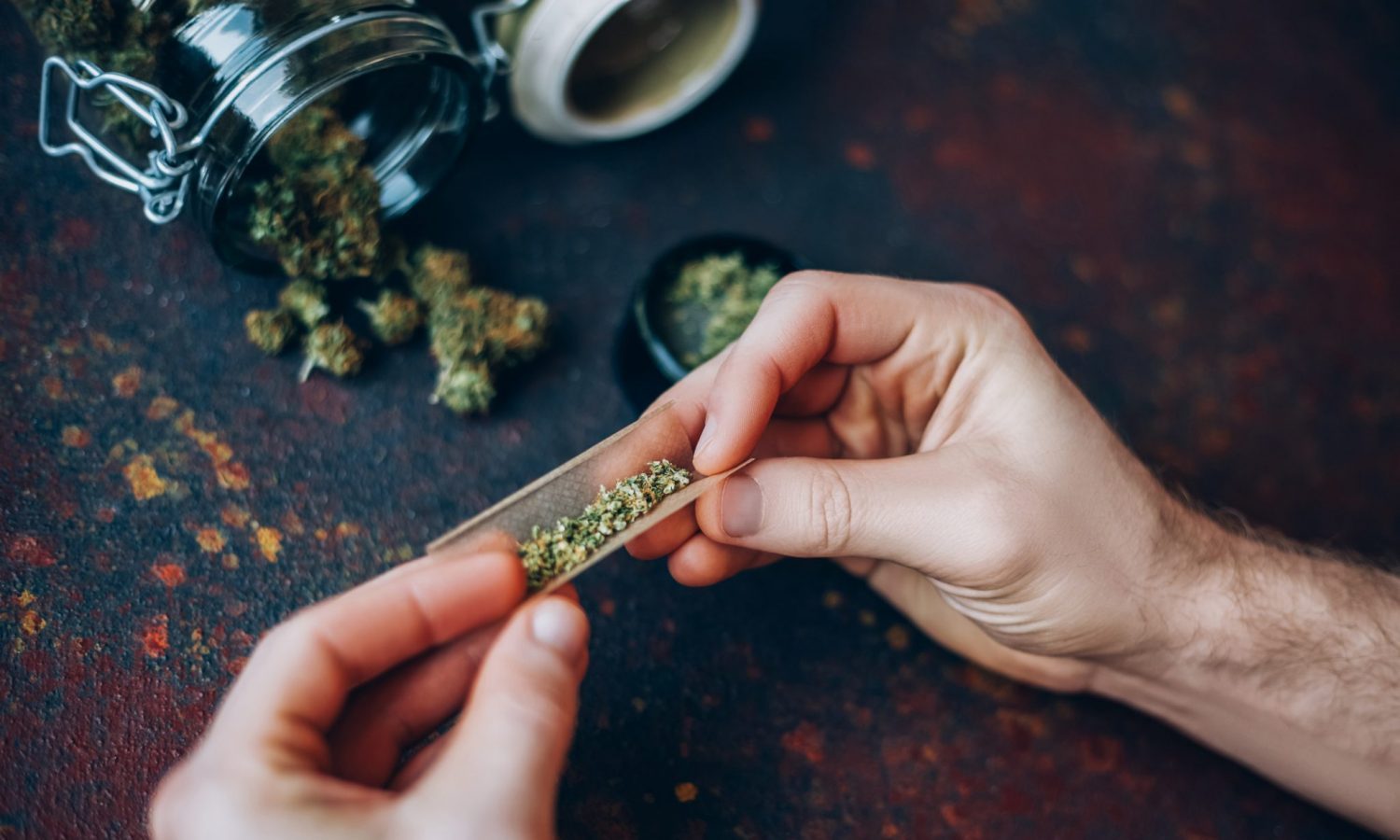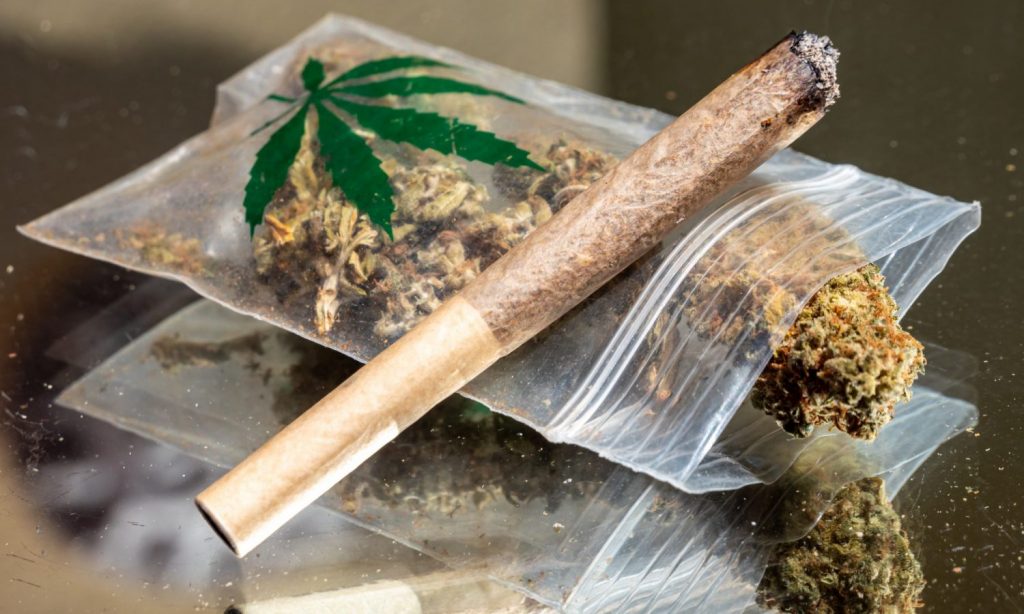
In the cannabis industry, knowledge is important if one is to get the best out of the products available. It’s even more important to ensure that accurate information is what you have in your hand so as to avoid unwanted misinformation.
One of the areas of cannabis that has been confusing to many recently is delta-10 THC. Many often hear “THC” and believe that anything that includes the cannabinoid results in a psychoactive effect. This is true in many ways, and untrue in some.

What Is Delta-10 THC?
Most of us are probably familiar with basic chemistry, so we will start from there to explain what delta-10 THC is. Delta-10 THC is a structural isomer of delta-9 THC, which produces psychoactive effects in the human body. Though psychoactive, delta-10 gives rise to a different type of feel compared to delta-9 THC. Delta-10 occurs in trace amounts in the cannabis plant, which makes it very hard to get substantial quantities of the product available for use. The chemical difference between both compounds is the carbon-carbon double bond, located at carbon-10 in delta-10 THC, and carbon-9 in delta-9 THC.
What we call THC in the cannabis plant largely refers to delta-9 THC, as it was the first psychoactive compound extracted from the cannabis plant. The origin and discovery of delta-10 THC can be classified as serendipitous because it occurred after a fire incident in California that resulted in a batch of hemp unwittingly contaminated with a fire-retardant. After processing, it was discovered that a strange crystal formation had appeared in the extract which was later identified as delta-10 THC. Further testing showed this newly identified compound has similar psychoactive effects with delta-9 THC, but some degree of different pharmacological effect.
RELATED: Delta-8 Vs Delta-9: What’s The Difference?
Delta-10 THC comes in different ranges of products in the market which is similar to its delta 9 counterparts. Varieties of products available include disposable pens, vape cartridges, gummies, tinctures, and flower and pre-rolls with delta-10 THC sprayed on it.
Differences Between Delta-9 and Delta-10 THC
As stated earlier, the difference between the chemical structure of delta-9 and delta-10 THC gives rise to different chemical effects in the body. When compared side-by-side, it is easy to see the uniqueness of delta-10 THC, and why it is possible for it to be the next big thing in the cannabis industry.
Effects
Delta-10 THC is known for its high-octane and energetic feel. It is a mood enhancer that’s proven to improve cognitive ability and also give rise to a special stimulating euphoric feeling. Delta-9 THC, on the other hand, has a special sedative and relaxing effect culminated with euphoria at high doses.
RELATED: Delta-10 THC: Is It The Future Of Cannabis?
The effect of delta-9 varies in different people as some people experience relaxing and sedative effects when delta-9 is used in medium doses. Therefore, larger doses of delta-9 will be required to give the expected stimulating and energetic feel. Delta-10 THC has more stimulating effects than sedatives which means it is prone to stimulating effects in small and medium doses compared to delta-9 THC which needs larger doses.

Legality
The legal stance of delta-9 THC is common knowledge at this stage with the FDA still classifying the natural product as illegal. However, a good number of states have legalized the use of delta-9 for medical and recreational use. Delta-10 THC has less restriction, especially because it can be derived from hemp. The natural compound is presently legal federally and in 38 states in the US. This is largely due to its less dramatic high and lower potency.
Availability
The market availability of both compounds is quite different as expected especially given the different legal status of both compounds federally. Delta-10 THC is more available given its reduced federal restriction which means it can be easily ordered online anywhere in the legal states. Availability of delta-9 THC is more limited given its legal status. It is also to purchase delta 9 THC in states where it is legal especially states where local governments have regulations limiting who legally produces and sells delta-9.
Cost
On average, the difference between the cost of both products is entirely enormous. Delta-9 THC is regarded as cheap with the average cost ranging from $0.02 to $0.08 per mg. Meanwhile, delta-10 THC is regarded as moderate in terms of cost with one mg ranging from $0.07 to $0.12. These variations in prices are not exactly static everywhere as situations around each market can affect prices.
Dose
The standard dose for beginners with delta-10 THC is 5 to 10 mg, while the standard dose for delta-9 THC for beginners is 2.5 to 5mg. It is important to state that the best way to go with these products is to use trial runs to establish the right dose that will give you your required effect. Getting your product from the right source is also important if you are to get the intended dose of the product.
Bottom Line
Considering the uniqueness of delta-10 THC, it is easy to see its market appeal and why it could just be the next big thing in the cannabis industry. On your way to enjoying the recreational effects of delta-10, it’s important to always factor in the purity of the product being purchased and used as well as evidence of third-party testing. This helps to ensure the product being used is not contaminated and protects the user from unwanted deleterious effects.
This article originally appeared on Cannabis.net and has been reposted with permission.






